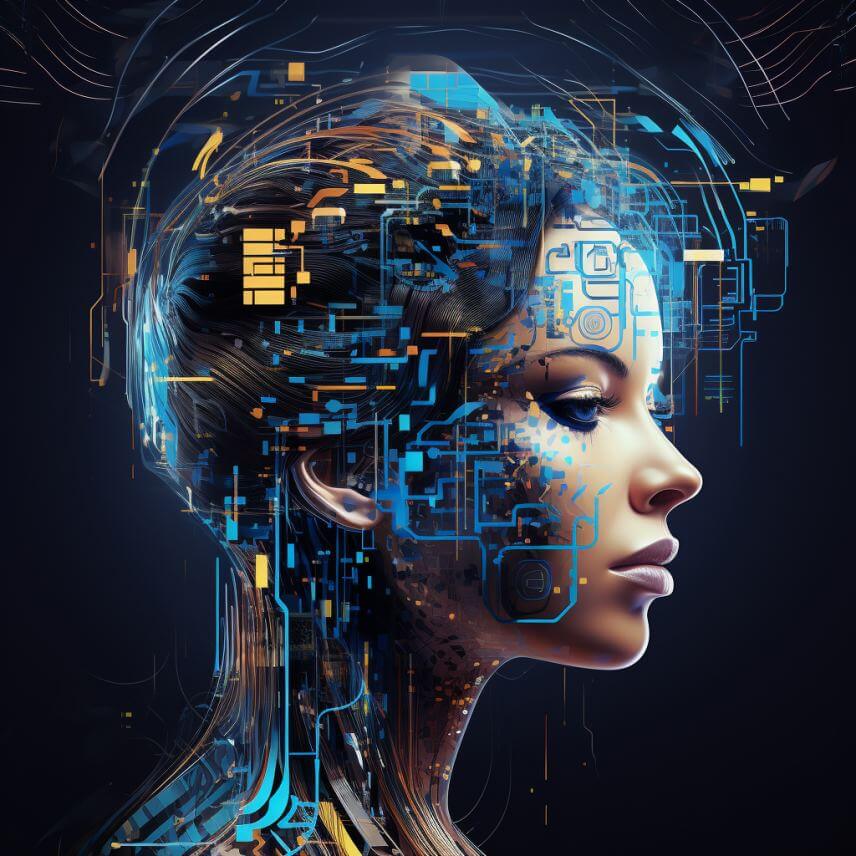In a recent move, OpenAI has stirred the developer community by signaling a shift away from ChatGPT plugins in favor of GPTs. The decision has been communicated through emails to plugin developers, prompting discussions on the implications and concerns raised by the community.
GPTs: The new face of development
OpenAI’s latest communication to plugin developers suggests a strategic shift towards GPTs, presenting them as a more user-friendly and versatile alternative to the previously favored ChatGPT plugins. The introduction of a GPT Store in the upcoming year is expected to replace the existing plugin ecosystem, offering a streamlined and integrated approach to building applications.
The GPTs are highlighted for their no-code chat interface within ChatGPT, making them more accessible to a broader audience. OpenAI emphasizes the GPTs’ ability to call APIs, provide custom instructions, and even invoke models like DALL-E, offering enhanced functionality compared to the plugins. However, not all developers seem convinced.
Mixed reactions from the developer community
The response from developers has been mixed, with some expressing dissatisfaction over the perceived decline of ChatGPT plugins. While OpenAI clarifies that plugins are not being phased out immediately, the company’s Head of Developer Relations, Logan Kilpatrick, acknowledges that most developers are likely to transition to GPTs once the GPT Store becomes operational.
Despite OpenAI’s assurances, a section of the developer community believes that plugins still hold a superior position in certain aspects. One user commented that plugins were “crucial for the development and progress in AI applications,” suggesting that GPTs may not entirely replace the unique functionalities offered by plugins.
OpenAI’s controversial decision
OpenAI’s decision to de-emphasize ChatGPT plugins was evident during DevDay on November 6th, where plugins were removed from the ChatGPT home screen. The move was perceived as a deliberate attempt to make plugins less accessible, potentially steering developers towards GPTs.
The controversy deepens as developers raise concerns over GPTs presenting similar security vulnerabilities as ChatGPT plugins. Reports indicate that, with advanced prompt engineering, users were able to access knowledge files from other GPTs, echoing the concerns raised during the era of ChatGPT plugins. The potential for unauthorized access and exploitation remains a point of contention among developers.
OpenAI vs. apple: Divergent paths in developer relations
In juxtaposition to OpenAI’s strategy, Apple is actively courting developers, releasing open-source offerings for its silicon, multimodal open-source models, and models for edge capabilities. While Apple seeks to foster collaboration and innovation, OpenAI’s decision to pivot away from plugins has led to comparisons with Apple’s historical approach of restricting port access on iOS.
The divergence in approaches raises questions about the impact on OpenAI’s developer community and the company’s long-term goals. While OpenAI aims for more polished products, the discontent among developers suggests potential challenges ahead.
Navigating the transition
As OpenAI navigates the transition from ChatGPT plugins to GPTs, the developer community remains at the forefront of discussions. The introduction of the GPT Store signals a new era in application development, but the concerns raised by developers highlight the delicate balance OpenAI must strike between progress and community satisfaction. The evolution of GPTs and the success of the GPT Store will undoubtedly shape the future landscape of OpenAI’s developer relations.





